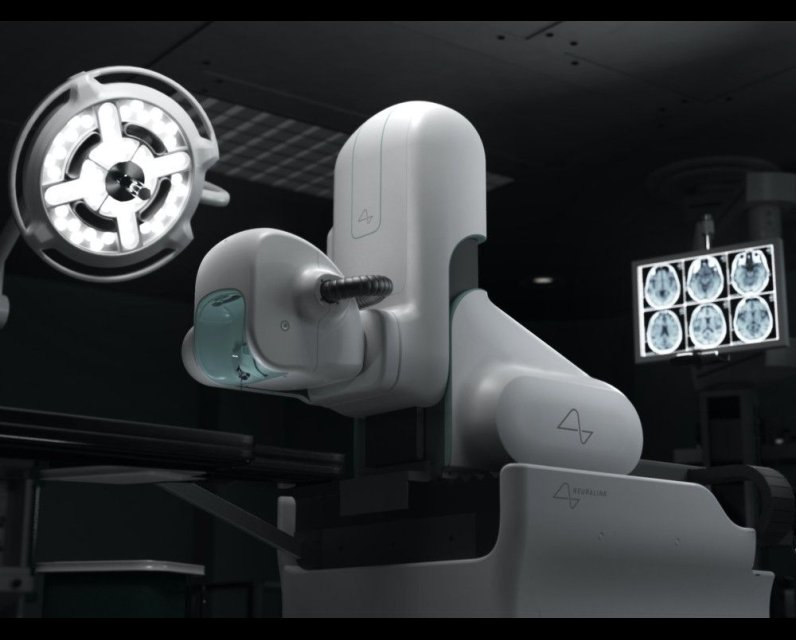Toronto neurosurgery team implants brain-computer devices in patients with cervical spinal cord injuries

The neurosurgery team at Toronto’s University Health Network has implanted a wireless brain-computer interface (BCI) in two Canadian patients with cervical spinal cord injuries.
The BCI implant is designed to restore control in performing some daily routines. It could allow a person with quadriplegia to check email, interact on social media, or use smart devices at home.
The project aims to enable quadriplegic individuals by providing control of external devices using the implant recipient’s thoughts. The surgeries to insert the Neuralink devices were done on August 27 and Sept. 3 at Toronto Western Hospital. The procedures were the first performed outside the United States, highlighting Canada’s growing role in neurotechnology.
The surgeries are part of an overall project known as the CAN-PRIME Study (Canadian Precise Robotically Implanted Brain-Computer Interface), clinical trials assessing the safety and functionality of Neuralink’s implant and surgical robot.
“This milestone represents a convergence of neuroscience, engineering, and clinical care. I’m proud of our talented team for helping push the boundaries of what’s possible for patients with paralysis,” said UHN neurosurgeon Dr. Andres Lozano, who leads the neurosurgery team.
Recruitment for CAN-PRIME is ongoing. Individuals with limited or no ability to use their hands due to cervical spinal cord injury or amyotrophic lateral sclerosis (ALS) may be eligible to participate.
Patients will participate in follow-up appointments and research while learning to use the BCI device.
Neuralink was central to the first brain-computer interface implant surgeries in the United Kingdom last month in its first European clinical trial. The company also ran human trials in the United States. Earlier this year, a patient was able to use the implant to control a computer.
The company aims to expand its trials to 20 to 30 participants by the end of 2025, while pursuing further regulatory approvals in the U.S. and abroad.
It is also studying broader applications, including helping stroke patients regain speech, restoring vision, and potentially allowing people to share or transfer memories and skills.
UHN is Canada’s largest research hospital and one of the world’s top centres for surgical innovation. It combines 10 medical facilities and more than 44,000 team members. Neuralink is a neurotechnology company specializing in developing BCIs aimed at restoring movement, communication, and independence for people who are paralyzed.
Our website is the place for the latest breaking news, exclusive scoops, longreads and provocative commentary. Please bookmark nationalpost.com and sign up for our daily newsletter, Posted, here.


Comments
Be the first to comment